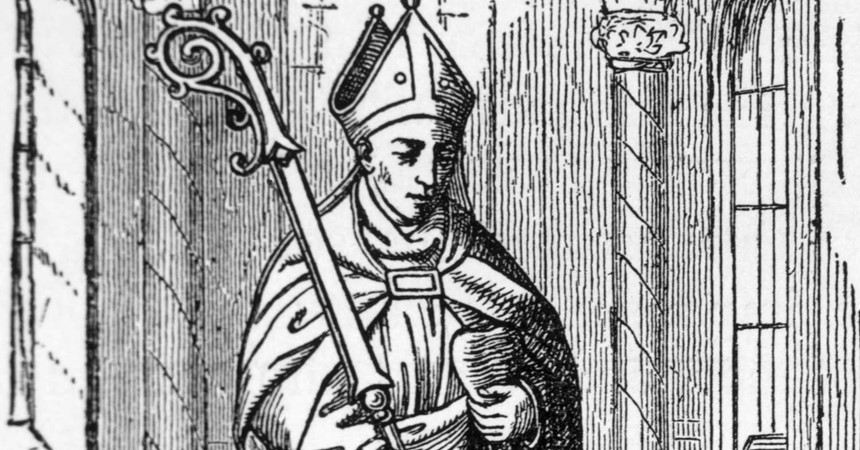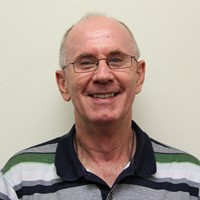In recent times we have witnessed a steady stream of sporting heroes who seem to have taken a post-career nose dive in their personal lives, calling forth from their fans waves of concern.
There has been no less bewilderment, either. How could it be that champions who have achieved their goals – goals that only the best can achieve – have suddenly hit rock bottom with reports of drug use, criminal charges or devastated relationships?
The SBS program Insight last year gave a genuine ‘insight’ into what could be going on for them and – at times – for us. Four-time Olympic gold medallist Libby Trickett, basketball suprema Lauren Jackson and AFL legend Barry Hall told harrowing tales of the downs that followed their great achievements.
The ending of careers, which had virtually occupied them for the best part of their lives, left them wondering what they would do next. How would they spend all the coming hours and days and weeks and months – and the years – that had previously been given exclusively to training and competition? What would fill the void? How could their lives now have meaning?
The void has often been filled with activities and substances which could satisfy only partially. They would gratify for a brief period of time, and only in a way which fell pitifully short in comparison with the exalted highs of their sporting careers.
From a young age I remember asking myself regularly ‘and now what?’. I suppose the ending of good times – last day of school holidays; the day after my birthday – gave me a child’s experience of finitude. Where does the next good time come from, and when?
‘And now what?’ merged into a generalised ‘and then what?’ as I developed intellectually and philosophically. The future and the achievement of satisfaction became more important. “What’s it all about, Alfie? Is it just for the moment we live?” I saw many who were hell-bent on temporary, minor satisfactions. Should we not be seeking ongoing, total satisfaction? Or is that unattainable and is the human person ultimately and woefully destined to frustration and meaninglessness?
Victor Frankl’s insights in Man’s Search for Meaning accompanied me on an important part of my journey. Frankl’s image of his wife’s face as he bore the tortuous hardships of Nazi concentration camps had carried him on to survival. Just her image, her smile, her encouraging look, gave meaning to his life, even in torment. It bore, in the midst of hellishness, the supreme insight: “The truth – that love is the ultimate and the highest goal to which Man can aspire…The salvation of Man is through love and in love.”
One of my greatest heroes fell but did not stay down. He rose to greatness. He wanted to stay with temporary, partial gratifications for a long time. “Make me chaste, Lord; but not yet” mouthed Saint Augustine of Hippo when he was caught up with short-term, limited satisfactions. He was eventually to find himself striving for lasting, complete fulfillment which, at that time, he was beginning to intuit was our destiny.
“Not yet” had its passage, and then the period that opened out to eternal longings arrived for Augustine. Then he would say clearly and fully to God, “You have made us for yourself and our hearts are restless until they rest in you.”
Recognising this human longing for eternal meaning and satisfaction changed Augustine’s life completely. From baptism to priestly ordination to installation as Bishop of Hippo, temporal milestones came along. He had asked himself ‘and then what?’ and preached the fruits of his ponderings to congregations who stood long hours listening. Fortunately, many recorded every word of his sermons for us also to ‘hear’.
Augustine spoke of our eternal, complete fulfillment in terms of the scriptural image of the heavenly banquet. At this banquet, he preached, we will have “a kind of insatiable satisfaction”. Why such an enigmatic word-play? “Because you won’t be satisfied in such a way that you want to leave the table; nor will anything be missing, so that you experience a sense of want.”
What ties Augustine with our sporting heroes Trickett, Jackson, and Hall, and with our search-for-meaning man, Victor Frankl? Meaningful, fulfilling goals.
All of them, and all of us, share a common human nature. On this earth we experience our incompleteness, our searching, our striving. We experience the wrong turns and the wrong efforts that result in dissatisfaction, and the turns and efforts that result in partial satisfaction. We have the drive to fulfillment. We sometimes settle for ‘inadequate fulfillment’ (a verbal nonsense) but know it is not enough. We can’t help but search for meaning and fulfillment. Even when we make meaningless and unfulfilling choices we are yet seeking meaning and fulfillment.
Augustine in his circumstances, and Frankl in his, discovered the same about meaning, goals and fulfillment. We must hope that all athletes, strivers and achievers will make the same discovery. Love – loving and being loved – is the ultimate and only meaning and fulfillment. And God is love.























































































